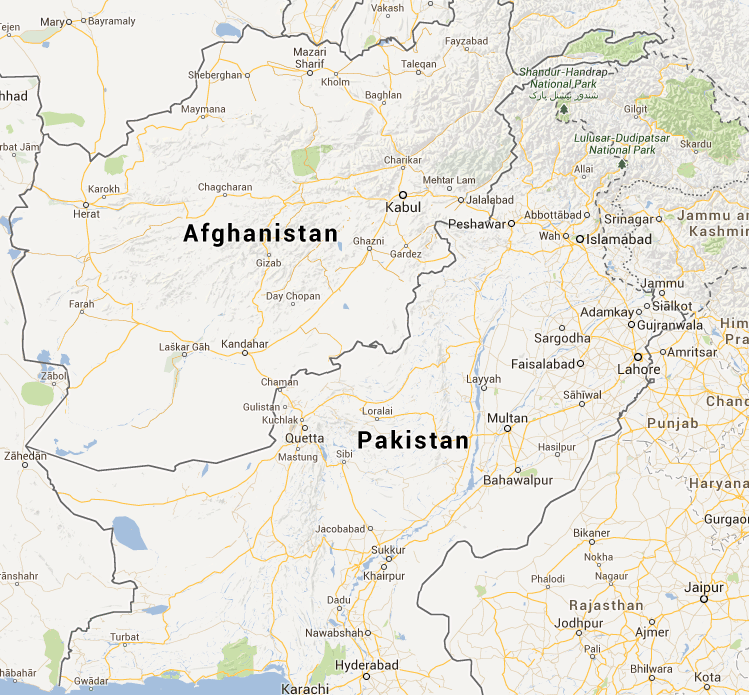
“Statements don’t make a peace agreement”: Aqab Malik on Pakistan/Taliban Negotiations
Thursday visiting National Defense University Assistant Professor, Aqab Malik, spoke at the John Hopkins School of Advanced International Studies on Talking with the Taliban: A Strategic Dilemma for Pakistan. Having spent significant time with the Taliban in both Pakistan and Afghanistan, Malik offered insights to negotiation potential with the Pakistani Taliban and central Pakistani government.
Malik began by differentiating the Pakistani and Afghan Taliban groups, highlighting the divergent goals and compositions. Both, however, are successful in guiding local and national narratives in a form of public diplomacy. Malik emphasized that negotiations with the Taliban are often unfruitful because to negotiate, a Taliban negotiator must be moderate and willing to compromise on certain demands, which is frowned upon by Taliban hardliners. Malik believes negotiation is doomed to fail at its current state.
The Pakistani Taliban is an existential threat to Pakistani secularism, but more importantly, it decreases already low government credibility. Malik highlighted challenges the Pakistani government faces in fighting the Taliban and its influence. The central government battles physical terrorism, but its greater challenge is influencing the national narrative. As ASP’s Matthew Wallin points out in The New Public Diplomacy Imperative, influencing the national narrative requires credibility to the target audience, which the government does not have. With a floundering economy, limited security, and a perceived lack of action, Islamabad is losing the battle of narratives.
Malik explained that since the government is not credible, alternatives are sought. Core grievances in tribal areas include the international invasion of Afghanistan, structural discrimination, lack of political avenues to voice discontent, collective punishment, restricted rights, drone usage, and lack of services. As a result, the Taliban enjoys many safe havens in this region. It engages in defensive jihad by striking at military, economic and political centers and figures. When the Pakistani government cannot protect its citizens from such attacks, its credibility is further diminished.
These factors coalesce in a national feeling of apathy and fatalism—certain detriments to political stability in Pakistan. Malik claims Pakistan is a reactive country, lacking a general strategy vision. Without a strategic objectives, messages to the Pakistani public remain scattered and ineffective. The Taliban, however, has a clear intent, and its communications are direct and effective.
Malik outlined Pakistan’s recent actions to delegitimize the Taliban, but criticized continued negotiations since recent peace agreements did not advance the stability of the country. Malik’s assessment of the future of Pakistan was dire, and included warnings against negotiation without specific goals. He emphasized the need for concrete action, stating “Statements don’t make a peace agreement.”
He closed stating that Pakistan must have deliberate indigenous national reconciliation and honest regional noninterference if it is to find stability. It is curious that Malik did not make significant mention of India, as it is Pakistan’s most significant strategic issue. Resolving issues with India is likely to give Pakistan greater leeway in resolving domestic issues. Above all, the government must reclaim its sense of identity, create a national strategy to achieve goals, and regain credibility through structural changes and fulfillment of its promises.
Katrina Trost is a Master of Political Science candidate at Boston University with a focus on the Middle East, democratic development and security.






[…] “Statements don’t make a peace agreement”: Aqab Malik on Pakistan/Taliban Negotiations […]